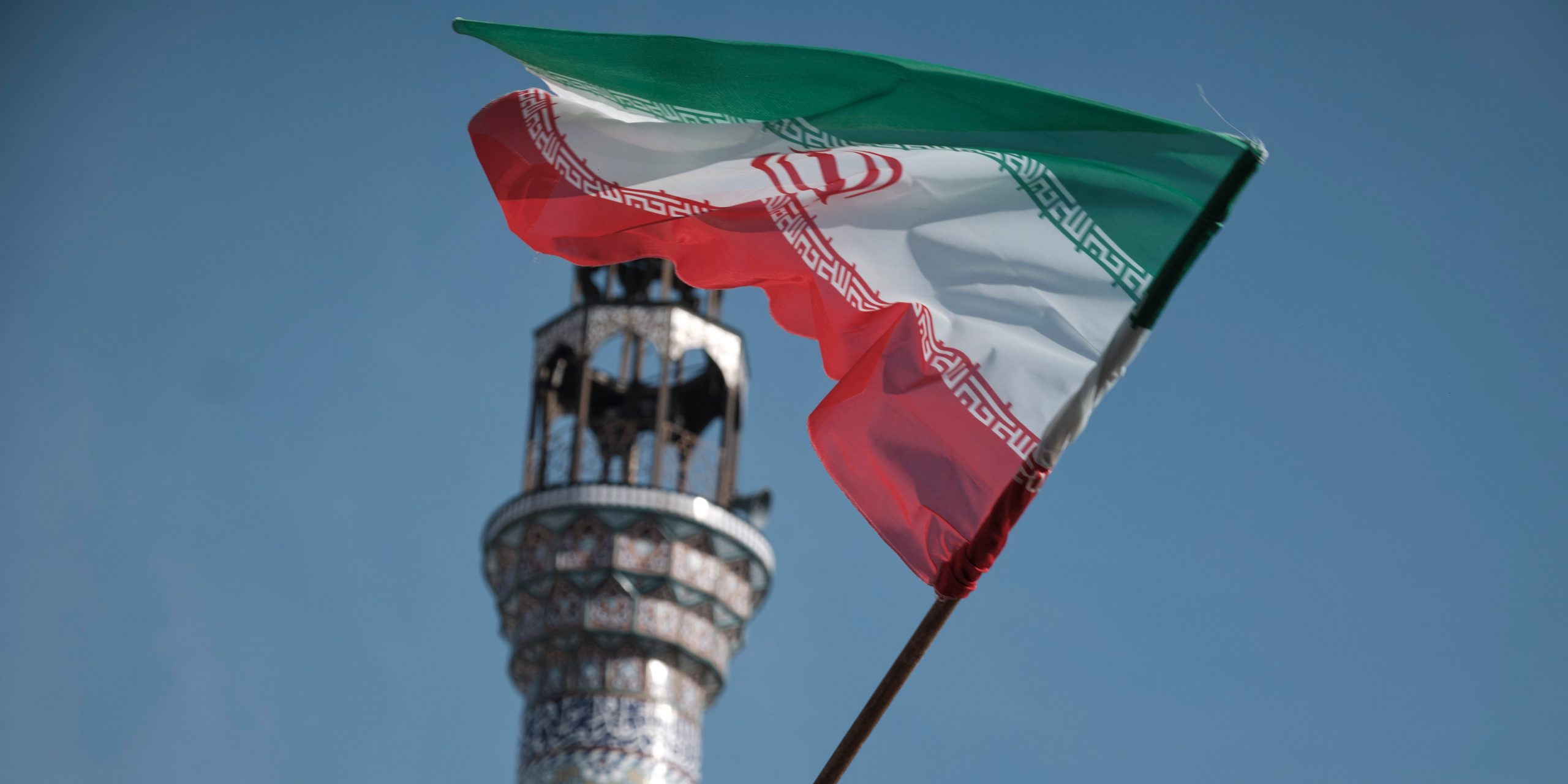
Morteza Nikoubazl/NurPhoto via Getty Images
- Mohammad Mosaed is an Iranian reporter who has twice been arrested by the government.
- He fled Iran in January, following a prison summons for a five year sentence for “spreading propaganda.”
- The Committee to Protect Journalists awarded him its 2020 International Press Freedom Award.
- Visit Insider’s homepage for more stories.
Mohammad Mosaed, an Iranian freelance journalist who has twice been arrested by the government for his investigative reporting and criticism of Iranian officials, was detained by Turkish border officials earlier this year after fleeing Iran following a prison summons.
In January, Mosaed fled the country after he was summoned to begin a nearly five-year prison sentence. He told the Committee to Protect Journalists that he was detained by police at the Turkish border and feared he would be deported back to Iran. One Free Press Coalition reported that Turkish officials have promised Mosaed’s lawyer he won’t face deportation.
Mosaed worked as a reporter for the Shargh Daily newspaper until July of 2019 when he was reportedly pressured to resign by allies of Iran’s Minister of Labor, whom Mosaed had accused of corruption in his reporting.
In November 2019, Mosaed was arrested for the first time after he posted two tweets during an internet blackout in the country. According to CPJ, he tweeted “Hello Free World,” and said he was accessing the internet by using “42 different proxies.” He also tweeted his congratulations to fellow Iranians who had found a way to use the internet during the blackout, which was implemented by the government following protests over high gas prices in the country.
Mosaed’s account was suspended days later.
He was eventually released but was arrested again in February 2020, when intelligence agents of the Islamic Revolutionary Guard Corps interrogated him over social media posts he had made criticizing the government, as Insider previously reported. In his posts, he reportedly criticized the Iranian government for being unprepared to tackle the COVID-19 outbreak in the country and questioned why Iran's recent parliamentary elections had featured only hardliner candidates as options.
The officials forced him to delete his social media accounts, Mosaed told the BBC. He also told the outlet that he was ordered not to conduct any interviews with media outlets and was told his "social media activities can be examples of crimes."
The charges against him include "colluding against national security" and "spreading propaganda against the system." In September, Tehran's Islamic Revolutionary Court sentenced him to four years and nine months in prison, as well as a two-year ban on journalism and the use of communication devices.
The Committee of Professional Journalists awarded Mosaed its 2020 International Press Freedom Award to "highlight the risks that he and other Iranian journalists face in their daily work, and to remind Iranian authorities that the world is watching."